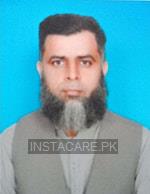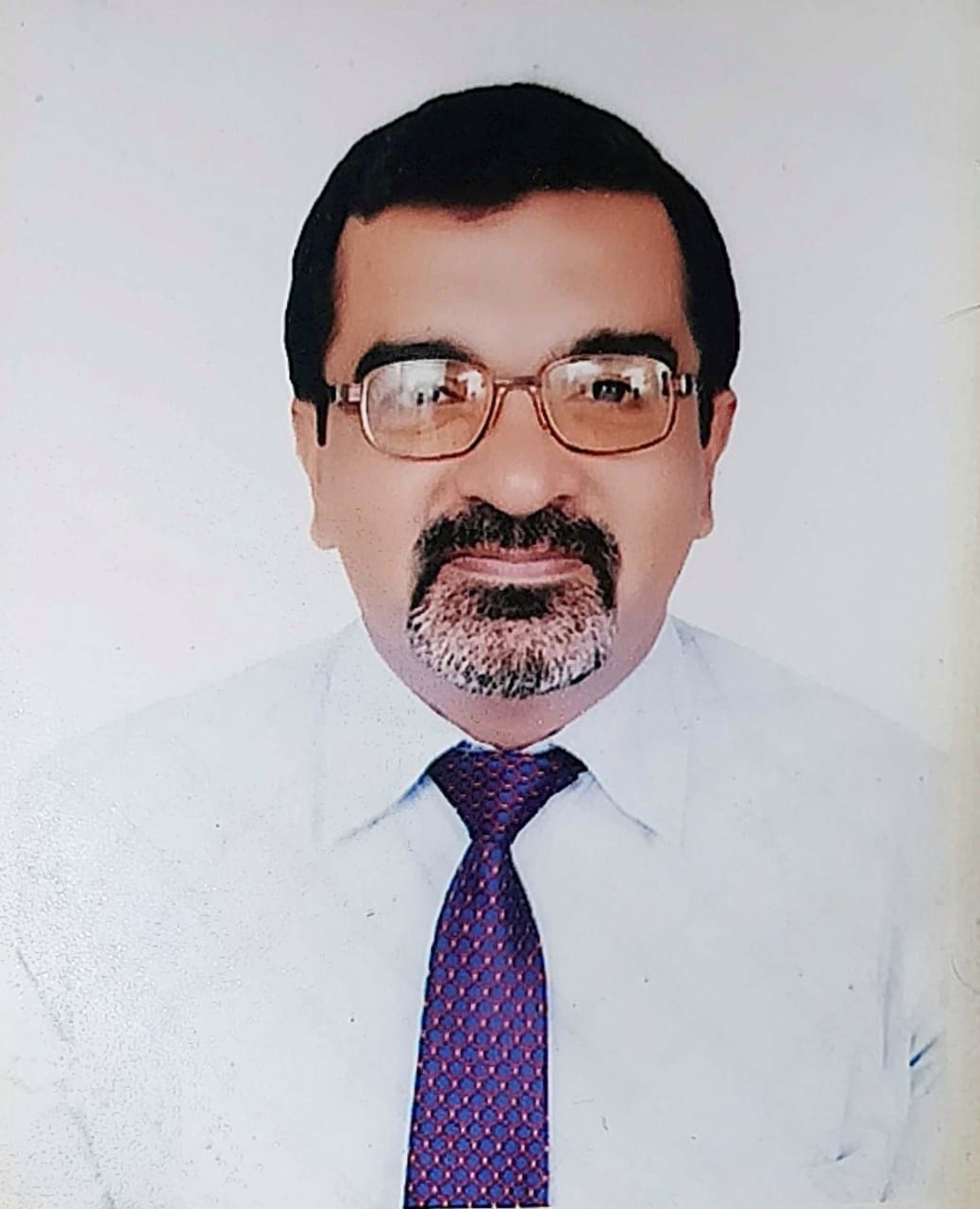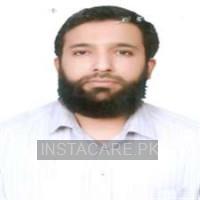Heart Diseases - Symptoms, Risk factors and Treatment
Last Updated On Tuesday, February 17, 2026
Heart Diseases in Urdu
آپ کے دل کے چار حجرے اور دو اطراف ہیں۔ بائیں طرف اور دائیں طرف۔ دل کا دائیں حصہ آپ کے پھیپھڑوں میں خون کو آکسیجن حاصل کرنے کے لیے پمپ کرتا ہے، جب کہ آپ کے دل کا بائیں جانب خون پھیپھڑوں سے حاصل کرتا ہے اور اسے پورے جسم میں پمپ کرتا ہے۔
دل یہ سب کام دو مرحلوں میں کرتا ہے۔ سب سے پہلے، دل کے چیمبرز خون کو بھرنے کے لیے آرام کرتے ہیں جسے ڈائیسٹول کہتے ہیں۔ اس کے بعد، دل چیمبروں میں بھرے ہوئے خون کو باہر نکالنے کے لیے سکڑتا ہے، اس مرحلے کو سسٹول کہا جاتا ہے۔
Heart Diseases in English
Your heart has four chambers, and two sides. The left side and the right side. The right side of the heart pumps blood to your lungs to receive oxygen, while the left side of your heart receives that blood from the lungs and pumps it to the whole body.
The heart does all this work in two phases. First, the chambers of the heart relax to fill the blood known as diastole. Then, the heart contracts to eject the blood-filled in the chambers, the phase is known as systole.
Heart diseases can be described as;
- Heart attack
- Heart failure
- Hypertension
- Rheumatic heart disease
- Cardiomyopathies
Heart attack
A heart attack, also known as myocardial infarction, is a condition that occurs when the blood flow to your heart is disrupted. It may occur due to blockage of the arteries due to plaque build-up. Like any other organ in your body, your heart needs oxygen to function properly, which is done by the coronary arteries.
The signs and symptoms of a heart attack may vary from person to person. Mostly it can show up as follows.
Chest pain that is gripping or pressuring in character. The person may feel it under their chest bone, and it might feel like someone is pressing on your chest. It is not felt as a sharp or stabbing pain. The pain may travel to your jaw, neck, and back. This is known as radiation of the pain.
- Nausea
- Dizziness
- Increased sweating
- Difficulty in breathing
- Fast or uneven heartbeat
- Indigestion- acid regurgitation
- Anxiety
- Fatigue
Heart failure
Heart Failure is a condition when your heart is unable to pump blood efficiently enough to meet the oxygen requirements of your body. Heart Failure does not mean that your heart has “failed” or stopped working. It simply means a reduction in the efficiency of the pumping capacity of your heart.
Symptoms of heart failure may include:
- Breathless on exertion
- Fatigue
- Weakness
- Coughing
- Breathless on lying down
- Weight gain
- Swollen ankles, feet, or legs
- Loss of appetite
- Impaired memory
- Frequent urination at night
Hypertension
Hypertension is a condition in which your blood pressure remains elevated than normal. Blood pressure is a force that the circulating blood exerts on the arteries- the major blood vessels of the body.
The normal blood pressure is 120/80 mm of Hg. If your blood pressure reads as 140/90 mm of Hg repeatedly, it indicates that you are hypertensive. If you check it at home, you must consult with a physician soon. So, they prescribe you the right medications on time. It is because hypertension not only increases the risk of cardiac disorders but also puts you at risk of kidney and brain diseases.
Generally, hypertensive people do not have any such symptoms. Therefore, it is often referred to as a silent killer. One may not know about it for even years. However, in some cases, it may show the following symptoms.
- A very fast heartbeat (Tachycardia)
- Chest pain
- Sweating
- Anxiety
- Difficulty sleeping
- Blushing
Rheumatic heart disease
Rheumatic heart disease is a condition in which the heart valves are damaged due to rheumatic fever. It may occur after getting infected with an untreated or under-treated streptococcal infection such as strep throat or scarlet fever. As an immune system response, the body damages the heart valves.
The signs and symptoms of rheumatic heart disease are;
- Cough
- Breathlessness
- Weakness and fatigue
- Increased sweating
- High heart rate (Tachycardia)
- Deep breathing
- Faster breathing (Tachypnea)
- Unintentional weight loss
- Pale skin
- Fever or chills
- Heart murmur- an abnormal sound of turbulent blood flow through the heart that a healthcare provider can hear through a stethoscope.
Cardiomyopathy
Cardiomyopathy is a disease of the heart muscle known as myocardium, that progresses over time. Due to it, the pumping ability of the heart gets compromised that causes further complications like;
- Heart failure
- Valvular defects of the heart
- Irregular heartbeat
The symptoms of cardiomyopathy resemble that of heart failure because the pumping ability of the heart is compromised in both cases. The signs and symptoms of cardiomyopathy are as follows.
- Breathlessness on exertion
- Fatigue
- Weakness
- Coughing
- Breathlessness on lying down
- Weight gain
- Swollen ankles, feet, or legs
- Loss of appetite
- Edema/ swelling of ankles or legs
- Chest pain
- Fainting attacks
- Lightheadedness
Conclusion
If you are a heart patient, medications can help in prolonging your life. Along with it, you must practice some tips that promote heart health. Some of them are as follows.
Stop smoking. If it is hard for you, consult with a therapist. They can help you in getting rid of the addiction by prescribing nicotine gum.
Maintain a healthy weight according to your body mass index. If you are overweight, you can seek help from a nutritionist. They can help in creating a customized diet plan for you according to your needs and health condition.
Limit caffeine intake. Excess caffeine intake is not good for your health as it is a CNS stimulant.
Make sure you get enough sleep. Try to sleep for at least 8 to 9 hours at night time. Go to bed early.
Manage stress by practicing stress-relieving exercises like yoga, meditation, or reading books.
Limit alcohol intake. If you are already diagnosed with cardiomyopathy, you should try to stop consuming it. Alcohol can be highly injurious for your health, especially your heart.
Exercise daily. But it is a big challenge for a person with a damaged heart to exercise. And at the same time, it helps in keeping your heart healthy and losing weight. Therefore, before you decide on an exercise plan for yourself, consult with a healthcare provider beforehand. Try to do that under the supervision of an expert trainer in a well-equipped place.






